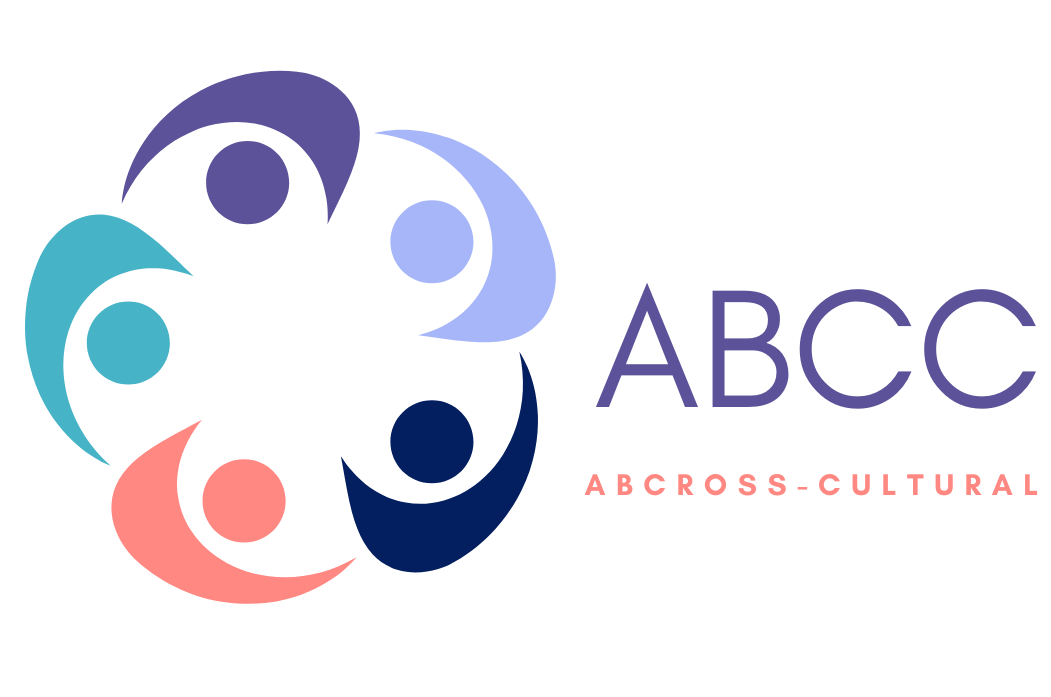THERE IS NO GROWTH WITHOUT DISCOMFORT
Abhijit Naskar
%
adult population of the world have reached a level of personal development wherein they have a genuinely global outlook.
%
of employees say they would stay at a company longer if it invested in their career development.
%
senior executives worldwide believe their organizations need to develop global leadership capabilities.
%
of executives globally have made Diversity & Inclusion programs a priority.
THE CHALLENGES WE FACE
GLOBALIZATION & NATIONALISM
Globalization is here to stay, and yet we see a strong comeback of regional specificities, growing nationalism and geopolitical uncertainties. In this challenging environment it becomes even more crucial to have not only a good knowledge of local cultures, but also a mind that is open to new perspectives and ideas, as well as a strong understanding of the “big picture” and of global macro trends.
CONTINGENT WORKFORCES
Since the COVID-19 pandemic an already existing trend towards outsourcing and the use of contingent workers has accelerated. As these “on demand” consultants, contractors and temps will have to travel frequently to go where their skills are required, they will need a specific mindset: one that can navigate the complexities of global (virtual) work, is adaptable and understands different cultural norms.
NEW DEMOGRAPHIC LANDSCAPE
With aging populations and declining fertility rates in the western world, organizations are confronted with a massive talent shortage. Simultaneously, India and China are now producing more than 40% of the worlds graduates. Therefore companies will need not only to source their talent from all over the world to fill the growing leadership gap, but also to build inclusive environments in which this diverse talent will flourish.
KNOWLEDGE REVOLUTION
The world no longer belongs to those who can mobilize land, labor or capital; but to those who have knowledge. The old adage of knowledge is power is more actual than ever but it is its meaning that has dramatically changed. Power now resides among those best able to organize this knowledge. And in itself, this creates a new challenge, as knowledge now spreads much faster than ever before.
DIVERSITY OF MARKETS
The world’s middle-class population in Asia, Latin America and Africa is expected to grow significantly in the future. With rising income levels, consumer demand is automatically growing too. It is though not an easy task to reach those potential new customers, as markets are characterized by cultural, economic and political differences. People with a global mindset have a major advantage when trying to reach those markets.
TRAINING CHALLENGES
Learners are not able to apply what they have learned on-the-job in a way that increases the success of the business, as the content is too often disconnected from the realities of the manager’s work.Most programs are focused on developing knowledge, skills and competencies, rather than developing the ability to think in more complex, systemic, strategic and independent ways.
THE QUESTIONS YOU MIGHT HAVE
What knowledge about a local culture do we need to be able to expand into this market?
How do we attract and retain talent from different parts of the world?
How do we collaborate effectively with our foreign partners and customers?
How do we deliver a great customer service to our culturally diverse customer base?
How do we close a new deal in a foreign country ?
How do we place returning expatriates into positions that capitalize on their new skills and experience?
How do we promote and help create a culturally diverse and inclusive organization?
How do we store, share and retain critical knowledge from our subsidiaries abroad ?
How do we develop the next generation of global leaders?
How do we build a unified and high performing multicultural team ?
How do we manage an international project efficiently?
How do we motivate geographically dispersed team members ?
WHAT ARE THE MOST CRITICAL SKILLS OUR WORKFORCE WILL NEED IN THE FUTURE?
The OECD, The World Economic Forum , The Institute for the Future, McKinsey , The Future Company and many others have defined the skills citizens will need to thrive in the future world of work. Cultural Intelligence (also called cross-cultural or Intercultural competence) has been identified as one of the most important FUTURE SKILLS.
How do you develop these transversal skills in an efficient, time and cost effective way?
The list below includes related skills
Intercultural Competence
Leadership and Social Influence
Emotional Intelligence
Negotiation
Virtual Collaboration
Service Orientation & Customer Service
Multilingualism
Critical Thinking
Resilience, Flexibility & Agility
Persuasion
Active Learning/ Growth Mindset
Novel and Adaptive Thinking
Talent Management
Systems Thinking
WHAT SKILLS SHOULD OUR LEADERS DEVELOP?
In his book The Future Leader, Jacob Morgan, a bestselling author and trained futurist interviewed 140 top CEOs, asking them “what should we be teaching leaders now to prepare for the future?”.
The answers were the following: a global mindset, a growth mindset, inclusion, team work, communication, coaching, self-awareness and innovation.
All these skills are linked to Cultural Competence.
How are you developing these critical skills and mindsets?

